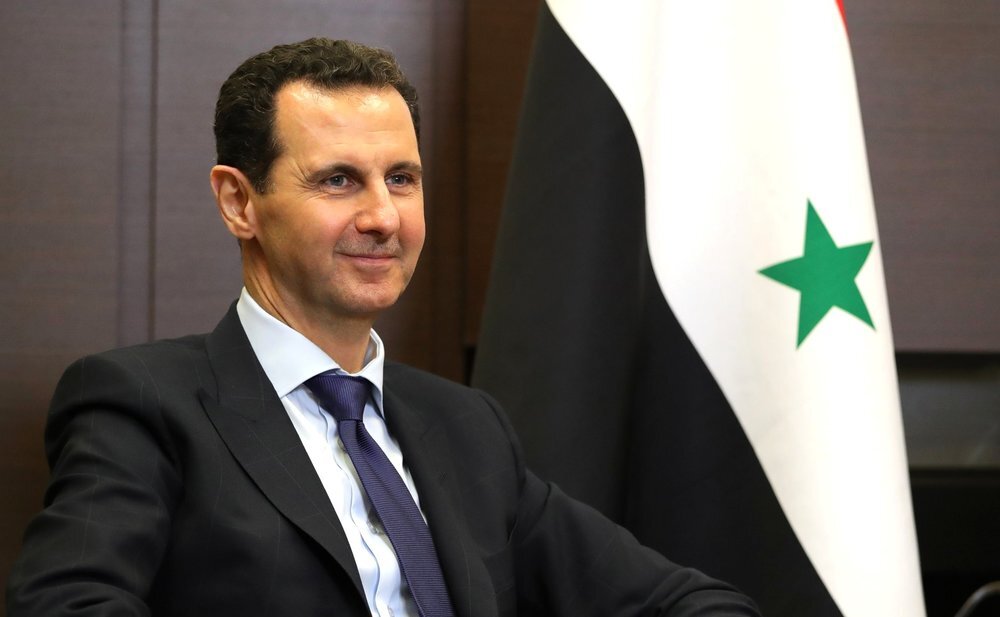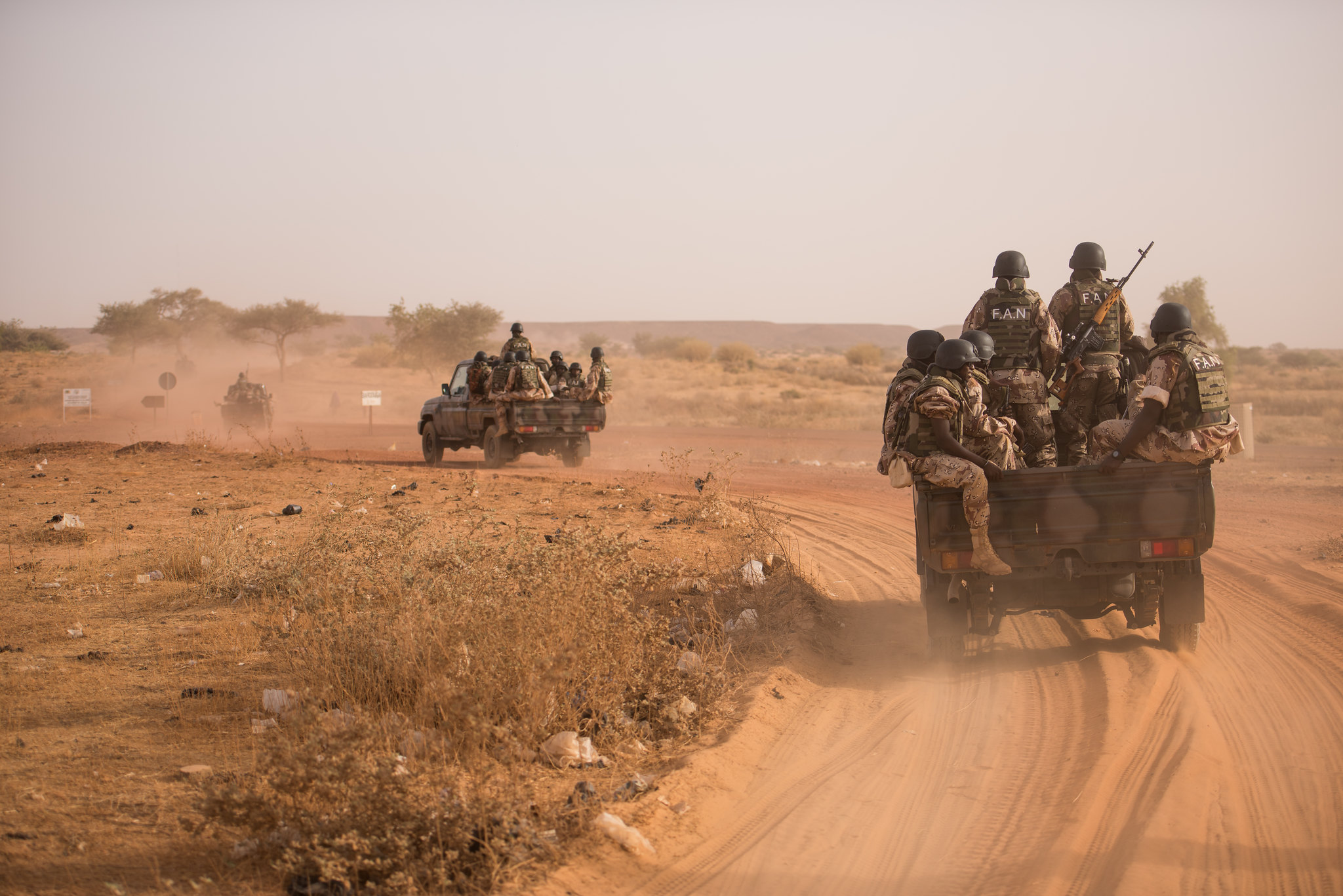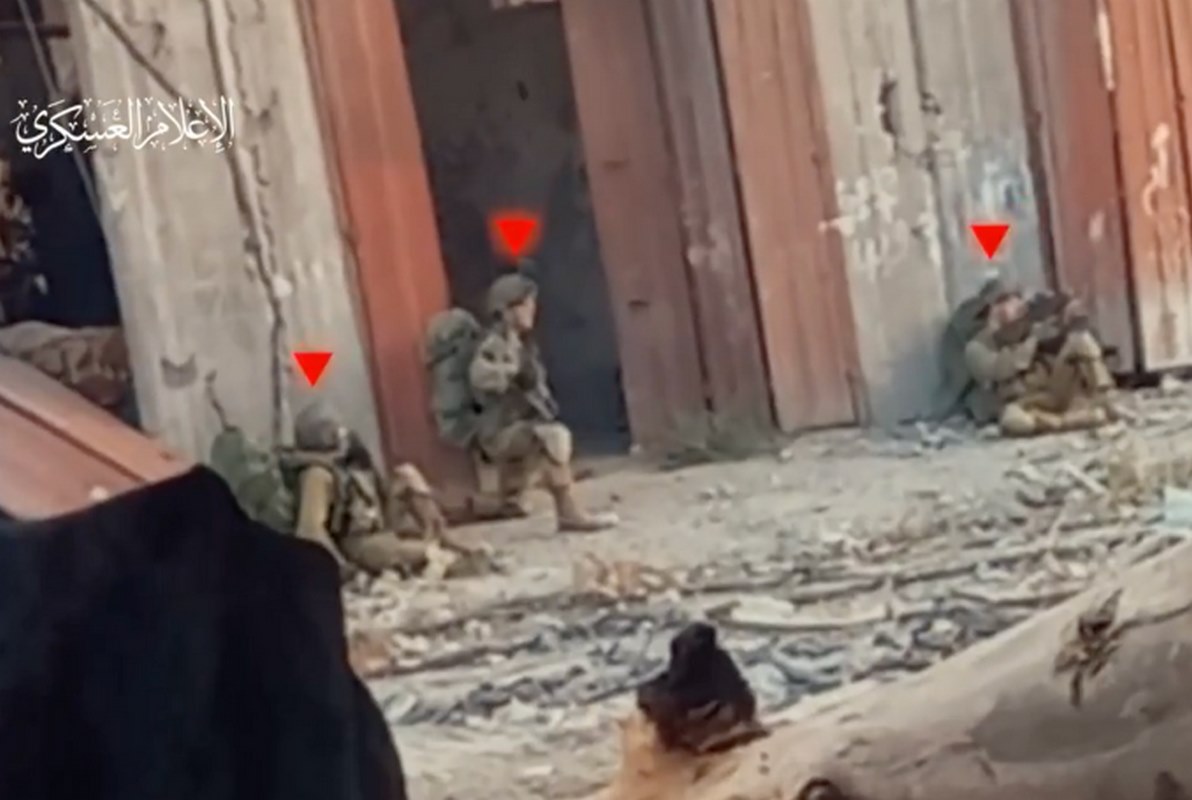PICTURED: Kurdish YPG fighters from Syria. The YPG is the main military body within the SDF fighting the Turks. Photo credit Kurdish Struggle, CC 2.0
DAMASCUS, Syria. Monday, October 14th, 2019. While earlier attempts by the Kurdish SDF to reach an agreement with Assad were rebuked on the grounds that the SDF are “agents of Washington,” who won’t be tolerated to command from “any foothold,” the Kurds and the Syrian government have agreed to a partnership of some kind towards the end of rebuffing the Turkish invasion and occupation in the north of the country.
“In order to prevent and confront this aggression, an agreement has been reached with the Syrian government… so that the Syrian army can deploy along the Syrian-Turkish border to assist the Syrian Democratic Forces (SDF)” said a statement on the SDF’s Facebook page.
While the exact details of the agreement are unknown, the outline is that the Kurdish SDF would cede control of two prominent border cities – Kobane and Manbij, both in the Aleppo Province – to the Syrian army.
Since the agreement was reached, Syrian forces have also occupied Raqqa, Ain Issa, and Tal Tamer – the latter two cities sitting on an important highway that runs west to east.
This would effectively throw a spanner in the works of Turkey’s plan to conquer 30 miles into Syria to create their safe zone.
Moscow, Russia, May 17th 2018. PICTURED: The enemy of the Kurds’ enemy – and now their ally – Syrian President Bashar al-Assad at the Kremlin photo credit www.kremlin.ru
The enemy of my enemy is my friend
Turkey’s stated objectives of creating a safe zone inside the north of Syria involve the dismantling and removal of terrorist elements there, and the repatriation of 1 million Syrian refugees who have been living in Turkey for some time.
The terrorist elements in question are the SDF, in particular their prominent Kurdish militia unit, the YPG who Turkey believe to be associated with a Kurdish terrorist organization that has been at war with Turkey for 40 years called the PKK.
The north of the country wherein Turkey is looking to occupy and deposit the refugees is controlled almost entirely by Kurds who only last year finished driving ISIL out of the area and seizing all of the caliphate’s territorial holdings.
If the Syrian government holds a stretch of the border, Turkey would at least have to alter their mission statement, being that the border is no longer controlled by terrorist elements.
The recent deal, brokered by the Russians who have long sought a federal Syria, is likely to mean the end of the Syrian-Kurdish dream of autonomy for the foreseeable future, as control of Kobane and Manbij, once Kurdish territory where Kurdish people inhabited is voluntarily given up in order to allow more Kurdish troops to move east in order to resist the Turks in the Kurdish heartland of Northeast Syria.
France has demanded that the U.S. and other NATO countries place arms embargoes on Turkey for what France’s foreign minister Jean-Yves Le Drian described as “serious humanitarian devastation,” in their invasion of northern Syria.
Donald Trump has repeatedly tweeted that the only thing the United States will do is back away from a conflict between two peoples who have “been fighting each other for 200 years”. The president has used these events to be more vocal regarding the anti-interventionist policy he ran on in 2016, but that he hasn’t followed through with to any meaningful degree; most notably describing the American involvement in the Greater Middle-East to be the largest mistake she ever made.
World at Large covered the events of the invasion as recently as Wednesday the 11th.



